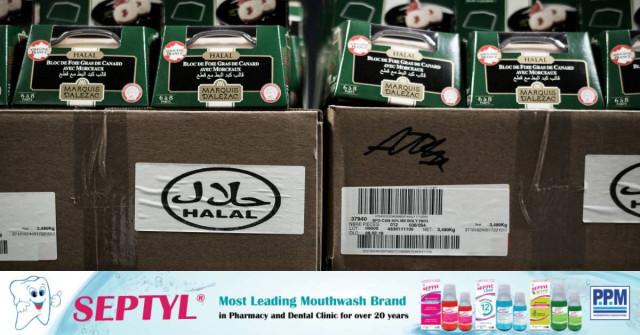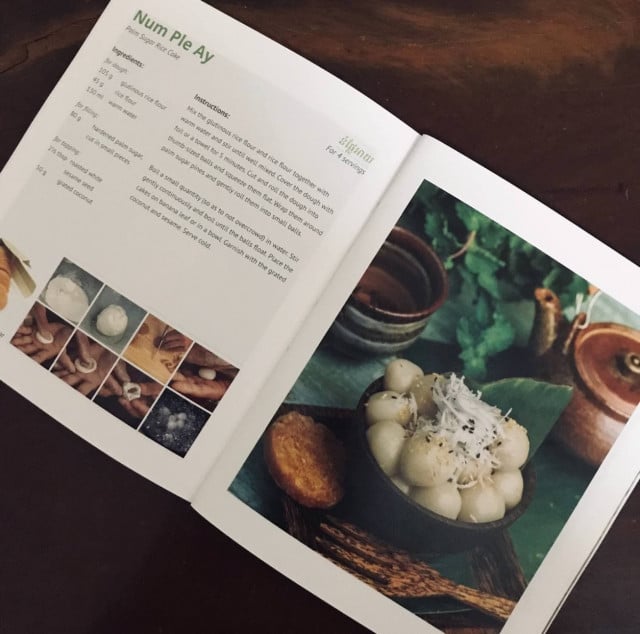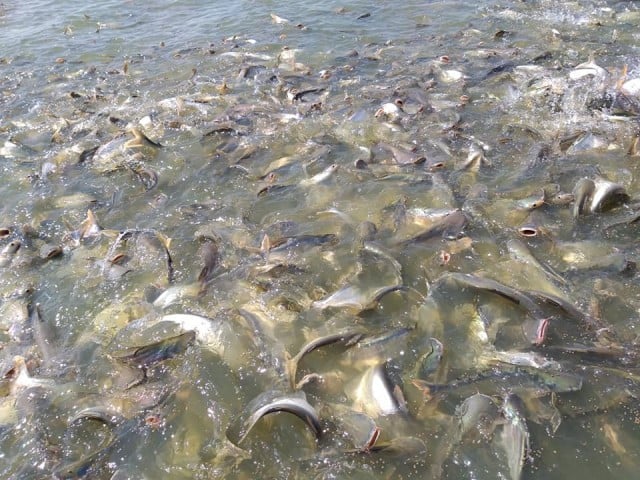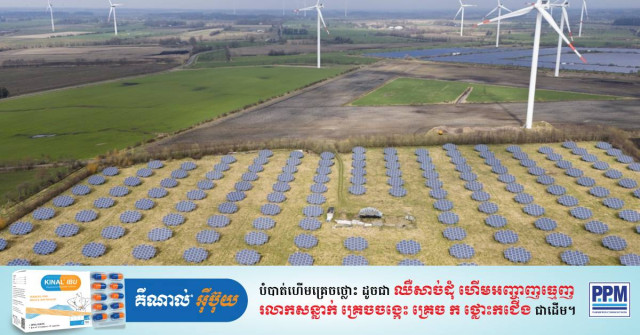How Can Cambodia Harness the Benefits of a Halal Ecosystem?

- By Sok Sothearak
- March 4, 2024 9:50 AM
Cambodian Prime Minister Hun Manet's recent visit to Malaysia has opened doors for closer bilateral cooperation, covering areas ranging from tourism and cross-border payment to defence and energy.
Besides meeting with Malaysian Prime Minister Anwar Ibrahim, Hun Manet also had a discussion with Dato Khairussaleh Ramli, President and CEO of Maybank to encourage him to establish joint cross-bank payments and invest in the Halal food ecosystem in Cambodia. It is worth mentioning that Maybank is the first largest bank in Malaysia and the fifth largest in ASEAN in 2023 by capital size, according to the Banker. The bank is also a seasoned player in the Cambodian financial sector. Notably, the request by Hun Manet for the bank to look into investment in the Halal food ecosystem is a smart move for Cambodia.
Halal, which means permitted in Arabic, is a term used in the Islamic religion to indicate the living practices allowed for Muslims. Halal food is a term used for food that is permissible to consume according to Islamic dietary laws and does not include pork. The Halal food ecosystem involves following strict rules and procedures during the slaughtering, packaging, and storing processes to ensure that the final products qualify as Halal. Unfortunately, Halal food is not widely available in Cambodia and has not received much attention from investors. However, investing in the Halal food ecosystem can bring three significant advantages to the country. Firstly, increased investment can lead to a greater abundance of Halal food and products in the country, which can attract more tourists from Muslim countries.
A major concern among Muslim travellers is the easy access to Halal food and products while travelling. They are also concerned about how trustworthy the food is. Some food or products might be fraudulently labelled as Halal when in fact they are not. As a result, it was found that Muslim travellers usually visit countries with Muslim populations or countries that have abundant Halal products that can be trusted. Therefore, expanding the Halal food industry in Cambodia will help to attract more Muslim visitors. As there are hundreds of millions of Muslim populations in ASEAN alone, being able to attract only a fraction of visitors from this region will tremendously boost economic gains in Cambodia, not to mention wealthy tourists from Arabic countries.
Secondly, a full-fledged Halal food industry will increase Cambodia’s exports and absorb domestic agricultural inputs. Halal food is a niche market worth more than $2 trillion globally. Many countries can produce and export food, but only a few can produce and export Halal food. As a result, if Cambodia can develop the Halal food processing industry, it can capture a niche market with fewer competitors.
Due to trade agreements, particularly the ASEAN Trade in Goods Agreement and Regional Comprehensive Economic Partnership and preferential status such as EBA and GSP, Cambodia has a high chance of exporting Halal products and diversifying its export portfolio. This will have a spill-over effect on farmers who supply to the processing plants and the Cambodian Muslim population, who will more likely be employed in the industry. Last but not least, more Halal industries can be created beyond Halal food. Halal is not only about diet. It is a lifestyle. There are Halal cosmetics, pharmaceutical products, finance, fashion, and so on. Cambodia can further develop the Halal industry in existing and well-established sectors such as garment. Halal garment, for instance, refers to clothes that do not include the skin, fur, hair, or parts of animals that are slaughtered not according to Islamic law. Penetrating this niche industry will allow the country’s garment factories to diversify their exports, distinguish their products, and fetch a higher premium.
In conclusion, investing in the Halal food ecosystem in Cambodia has the potential to bring in more Muslim visitors, boost exports in niche markets, and further develop related industries although the development of such a sector is likely to encounter financial and technical difficulties. However, careful planning and execution of the policy are crucial to ensure success.
Sok Sothearak is a Lecturer in economics at the Institute for International Studies and Public Policy (IISPP) and a Research Fellow at the Center for Southeast Asian Studies (CSEAS) at the Royal University of Phnom Penh.















